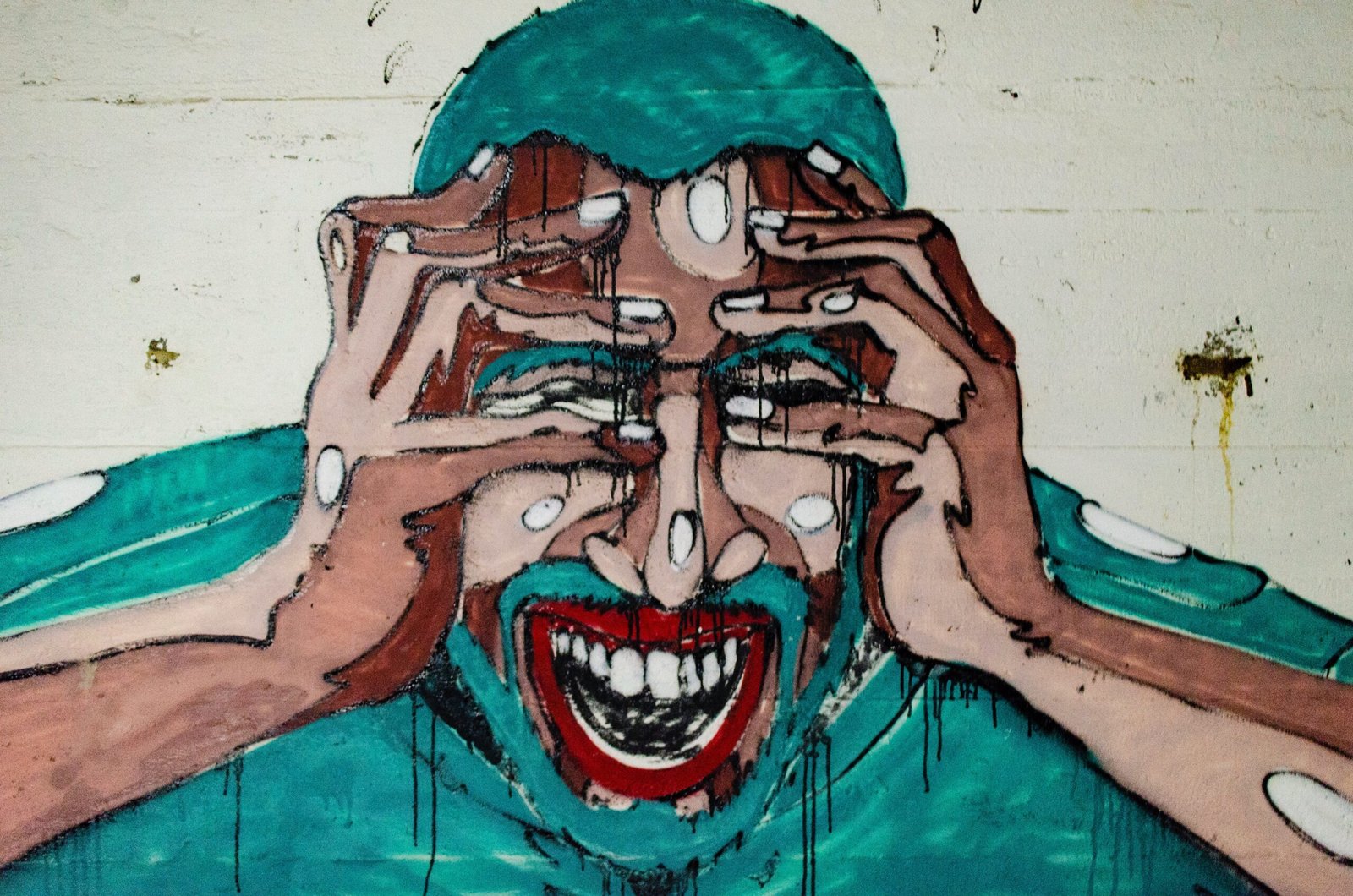Introduction
Betrayal trauma is a deeply painful experience that can shatter our trust in others and leave emotional wounds that take time to heal. Whether it’s infidelity, deception, or a breach of trust in a close relationship, the effects of betrayal can be devastating. In this blog post, we will explore effective strategies for recovering from betrayal trauma, healing emotional wounds, and rebuilding trust.
Understanding Betrayal Trauma
Before we delve into the strategies for healing, it’s important to understand the impact of betrayal trauma on our emotional well-being. Betrayal can cause feelings of shock, anger, sadness, and deep hurt. It can also lead to a loss of self-esteem and a sense of powerlessness. Recognizing the emotional toll betrayal takes on us is the first step towards healing.
Recovering from Betrayal Trauma
1. Seek Support: Surround yourself with a supportive network of friends, family, or a therapist who can provide a safe space for you to express your emotions and offer guidance.
2. Practice Self-Care: Prioritize self-care activities that promote healing, such as exercise, mindfulness, journaling, or engaging in hobbies that bring you joy.
3. Set Boundaries: Establish clear boundaries with the person who betrayed you to protect yourself from further harm. Communicate your needs and expectations openly and honestly.
4. Allow Yourself to Grieve: Healing takes time, and it’s important to allow yourself to grieve the loss of trust and the pain caused by the betrayal. Give yourself permission to feel and process your emotions.
5. Focus on Forgiveness: Forgiveness is a personal choice and a process that takes time. It does not mean condoning the betrayal, but rather releasing the negative emotions and finding peace within yourself.
Overcoming Betrayal Trauma
1. Seek Professional Help: Consider seeking therapy or counseling to help you navigate the complex emotions and challenges that arise from betrayal trauma.
2. Practice Emotional Regulation: Learn healthy coping mechanisms to manage intense emotions. This can include deep breathing exercises, meditation, or engaging in activities that bring you a sense of calm.
3. Challenge Negative Thoughts: Betrayal trauma can lead to negative self-talk and distorted beliefs. Challenge these thoughts by replacing them with positive affirmations and focusing on your strengths.
4. Engage in Self-Reflection: Take time to reflect on the lessons learned from the betrayal. Use this experience as an opportunity for personal growth and self-discovery.
5. Build a Supportive Community: Connect with others who have experienced similar betrayal trauma. Join support groups or online communities where you can share your experiences and learn from others.
Rebuilding Trust and Moving Forward
1. Open Communication: Rebuilding trust requires open and honest communication. Create a safe space for dialogue, where both parties can express their feelings and concerns.
2. Consistency and Reliability: Consistently demonstrate trustworthy behavior over time to rebuild trust. Keep your promises and show reliability in your actions.
3. Patience and Understanding: Rebuilding trust takes time and patience. Understand that healing is a process and be willing to work through challenges together.
4. Seek Professional Mediation: In some cases, professional mediation may be beneficial to facilitate open communication and provide guidance in rebuilding trust.
5. Celebrate Progress: Acknowledge and celebrate small steps towards rebuilding trust. Recognize the effort and growth that both parties have made along the way.
FAQs
Q: How long does it take to heal from betrayal trauma?
A: Healing is a personal journey, and the time it takes to recover from betrayal trauma varies for each individual. It can take months or even years to fully heal.
Q: Can trust be rebuilt after betrayal?
A: Yes, trust can be rebuilt after betrayal, but it requires commitment, open communication, and consistent trustworthy behavior from both parties.
Q: Is forgiveness necessary for healing?
A: Forgiveness is a personal choice and not a requirement for healing. It can be a part of the healing process, but it is not necessary for everyone.
Q: How can I rebuild self-esteem after betrayal?
A: Rebuilding self-esteem after betrayal trauma involves practicing self-care, surrounding yourself with supportive people, and challenging negative thoughts and beliefs about yourself.
Q: Can therapy help in healing from betrayal trauma?
A: Yes, therapy can be a valuable resource for individuals healing from betrayal trauma. A therapist can provide guidance, support, and tools to navigate the healing process.
Tips for Healing and Moving Forward
1. Be patient with yourself and the healing process.
2. Practice self-compassion and self-forgiveness.
3. Focus on personal growth and self-improvement.
4. Surround yourself with positive influences and supportive relationships.
5. Take time to engage in activities that bring you joy and fulfillment.
Conclusion
Healing from betrayal trauma is a challenging journey, but with time, support, and self-care, it is possible to recover and rebuild trust. Remember to be patient with yourself, seek professional help if needed, and focus on your personal growth. By implementing these strategies and allowing yourself to heal, you can move past the pain and create a brighter future.
Now, it’s time to take the first step towards healing. Share this blog post with others who may benefit from these strategies and encourage them to join you on the path to recovery. Together, we can overcome betrayal trauma and find emotional healing.









